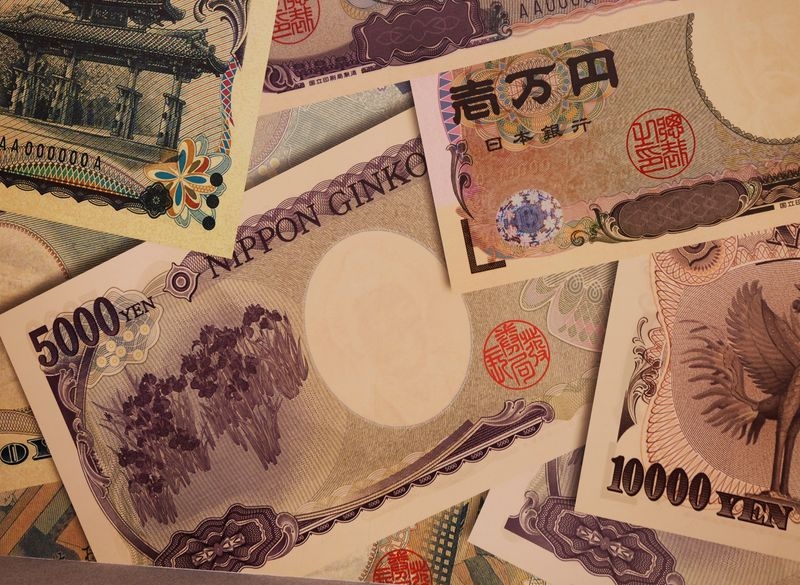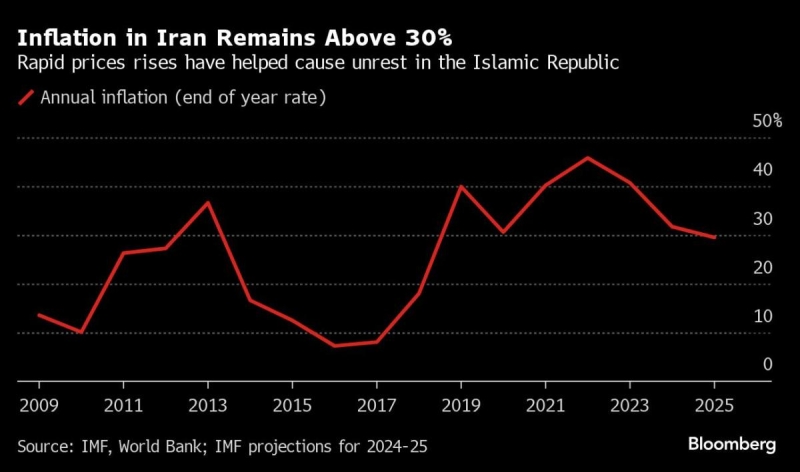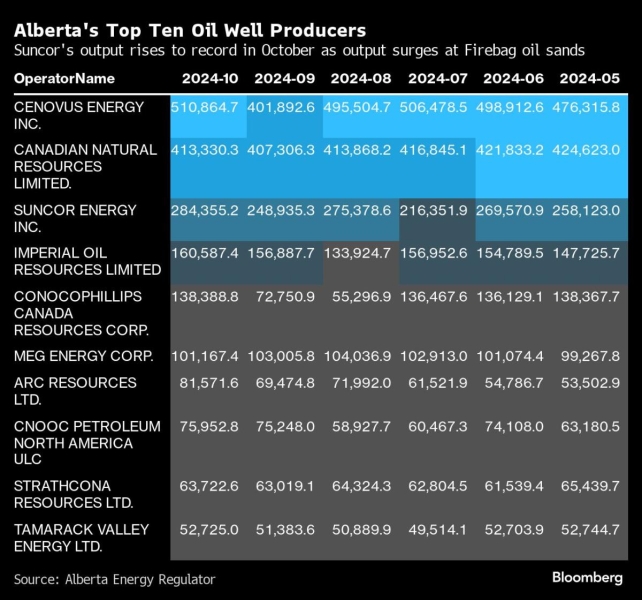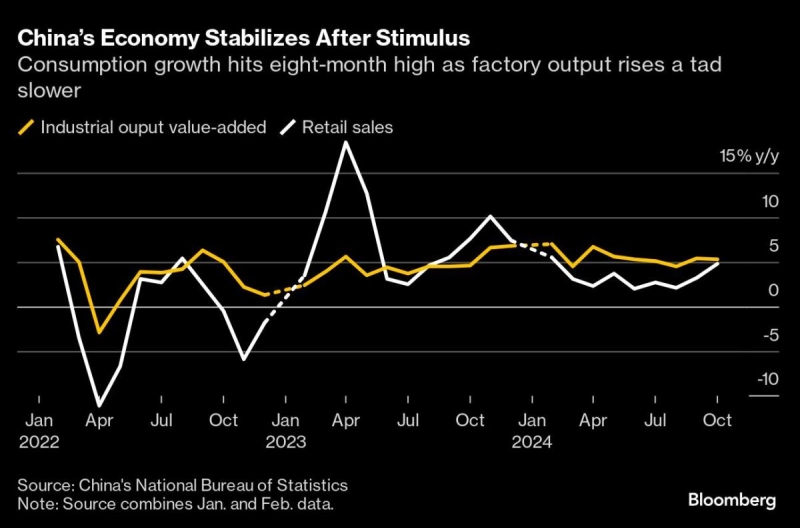
SINGAPORE (Reuters) – The yen lounged around its highest levels for the year on Monday in trading thinned by a holiday in Japan, as market participants vacillated over the expected size of the Federal Reserve's almost-certain rate cut later this week.
Trading in Asia was slow, with markets in Japan, China and South Korea closed for holidays.
The dollar was flat at 140.86 yen, near where it finished last week and close to the 140.285 end-December low it struck on Friday. It fell 1.3% on the yen last week.
The Fed's Sept. 17-18 meeting is the highlight of a busy week that also has the Bank of England and Bank of Japan announcing policy decisions on Thursday and Friday.
Treasury yields have been falling in the run-up to the highly anticipated meeting, particularly as odds stack up for the Fed to get aggressive with a half-point rate cut.
Benchmark 10-year yields were last at 3.65%, unchanged from Friday. Those yields are down 30 basis points in about two weeks. Two-year yields, more closely linked to monetary policy expectations, were at 3.57% and are down from roughly 3.94% two weeks ago.
Selling the dollar for yen has been the cleanest trade for investors looking to play the drop in Treasury yields, said Chris Weston, head of research at Australian online broker Pepperstone.
"While speculators are short and riding this lower, this trend is clearly one to align with," and the December lows for the dollar-yen pair is one to watch, he said.
A quarter-point reduction by the Fed as it kicks off its rate cuts is still seen as the slightly more likely outcome, but only marginally so.
Fed speakers and data releases over the past month have had markets shifting the odds around the size of this week's rate cut, debating whether the Fed will head off weakness in the labor market with aggressive cuts or take a slower wait-and-see approach.
Fed fund futures reflect traders are pricing in a 52% chance of a 50-basis point cut at the September meeting, according to CME FedWatch. Futures price a total of 125 basis points in rate cuts in 2024.
Investors are also looking to the Bank of Japan's interest rate decision on Friday, when it is expected to keep its short-term policy rate target steady at 0.25%.
BOJ board members have indicated they are keen to see rates higher, and the narrowing gap between rates in Japan and other major currencies has spurred the yen higher and caused billions of dollars worth yen-funded carry trades to be unwound.
Japan is also due to see a change in political leadership, as the ruling Liberal Democratic Party is set to hold an election on Sept. 27 to pick a leader to replace Prime Minister Fumio Kishida.
Sanae Takaichi, one of the leading contenders to replace Kishida, said on Friday the Bank of Japan should hold off on further interest rate hikes, to keep the country's economic recovery intact.
Sterling edged slightly higher by 0.05% to $1.3132, still weaker than its one-week highs struck on Friday. The euro was up 0.11% at $1.1088. The dollar index was 0.1% lower at 101.
The European Central Bank cut interest rates by 25 bps last week, but ECB President Christine Lagarde dampened expectations for another reduction in borrowing costs next month.
ECB chief economist Philip R. Lane and Vice President Luis de Guindos speak at events on Monday.
The Bank of England is expected to hold its key interest rate at 5% next week, after kicking off its easing with a 25-bp reduction in August.
Bank of Canada Governor Tiff Macklem meanwhile opened the door to stepping up the pace of interest rate cuts, the Financial Times reported on Sunday. The BoC, after keeping its key policy rate at 5%, a more than two-decade high, for a year, has trimmed it by a quarter point three times in a row since June.
(Reporting by Vidya Ranganathan; Editing by Sonali Paul)





